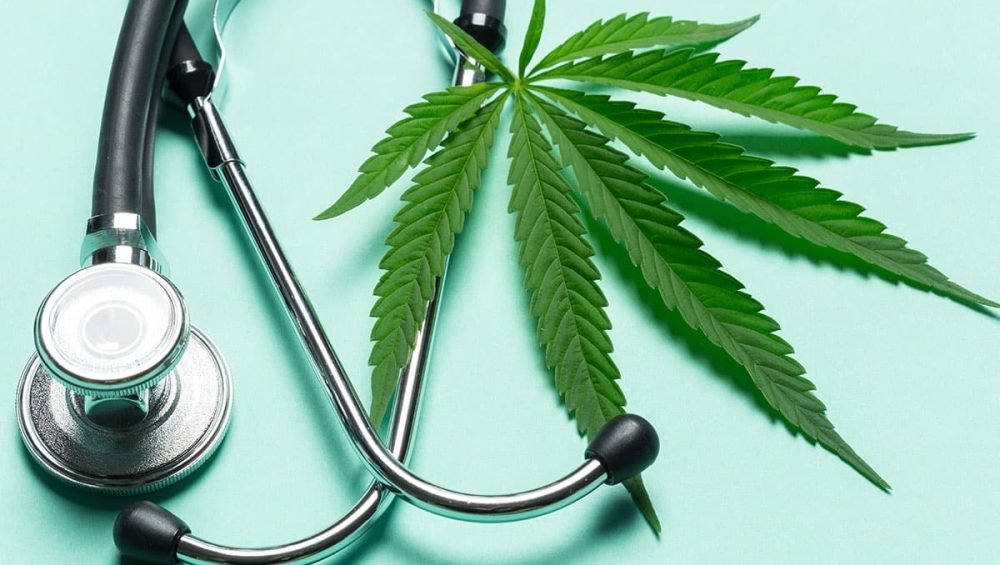A recent study by researchers from the New York Institute of Technology (NYIT) reveals that a majority of healthcare professionals in the United States feel unprepared to discuss medical cannabis with their patients. This study, published in the journal Medical Cannabis and Cannabinoids, highlights a critical gap in knowledge and training among medical practitioners regarding this increasingly legal treatment option.
As of now, 38 states have legalized medical cannabis, with 14 states implementing comprehensive medical-only programs. Nine additional states offer medical cannabis programs that restrict access to CBD and low-THC products for specific medical conditions. Despite this growing acceptance, the U.S. Drug Enforcement Agency still classifies marijuana as a Schedule I substance, indicating it has a high potential for abuse and lacks accepted medical uses. However, in 2023, the Department of Health and Human Services recommended reclassifying marijuana to Schedule III, acknowledging its therapeutic potential for conditions such as cancer-related symptoms, infections, and various neurological disorders.
The NYIT study analyzed data from 41 previous studies conducted between January 2013 and February 2025, encompassing responses from physicians, medical trainees, and other healthcare professionals across diverse specialties. The findings reveal differing perspectives among specialists: – Oncologists, emergency medicine physicians, palliative care providers, pain management specialists, and primary care doctors generally recognize the benefits of medical cannabis in alleviating chronic pain, nausea, loss of appetite, and depression. – Obstetric providers often hold negative views regarding its use during pregnancy, while many pediatricians are reluctant to recommend it for children. – Neurologists frequently express concern about the stigma surrounding medical cannabis for epilepsy treatment. – Additionally, many physicians believe that medical cannabis poses risks for patients with congenital heart disease.
The study also noted that physicians practicing in states where medical marijuana is legal and those with more years of experience were more comfortable discussing and recommending cannabis to their patients.
Associate Professor Maria Pino, Ph.D., the study’s lead author, emphasized the need for improved training and education for healthcare professionals to ensure they can counsel patients effectively about medical cannabis. “With many states easing restrictions on cannabinoid access for medical purposes, healthcare professionals must adapt and become better informed,” she stated. Effective training is essential for improving patient care and addressing the stigma linked to medical versus recreational cannabis use.
The research team, which included Assistant Professor Eleanor Yusupov, D.O., and Medical Librarian Stephanie Lopez, pointed out that the lack of scientific research on medical cannabis delays the creation of evidence-based guidelines.
In summary, as cannabis becomes more mainstream in medical contexts, the healthcare system faces an urgent need to equip providers with the necessary knowledge and skills to guide patients appropriately in this evolving landscape.




